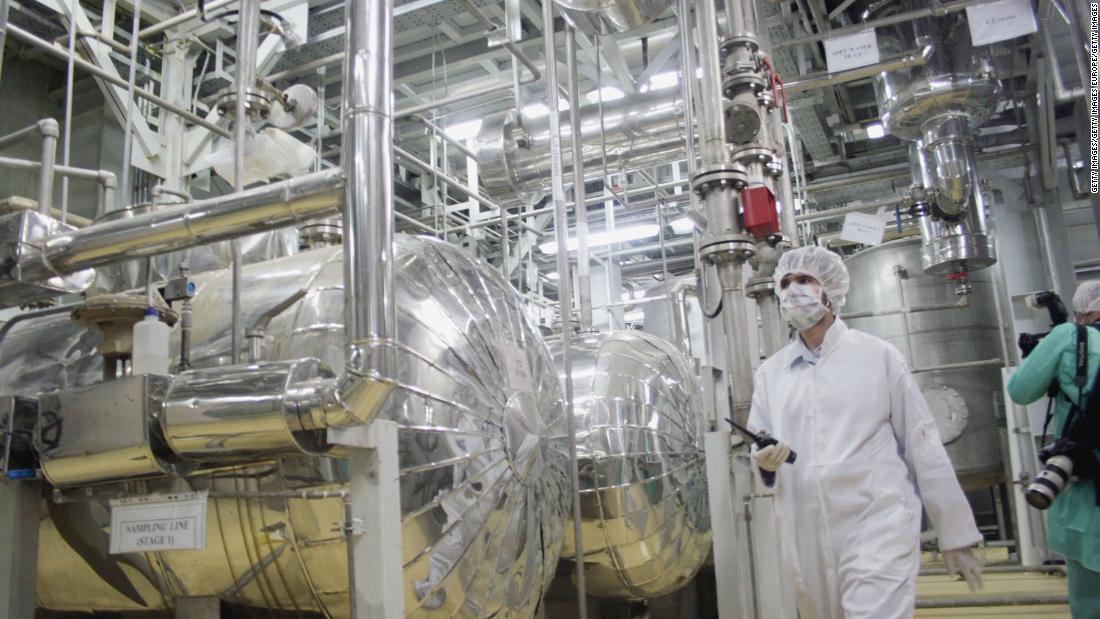IAEA Director-General Rafael Grossi said on Sunday that the two sides reached a temporary “technical understanding” after their trip to Iran, which recently signaled plans to reduce cooperation with the global nuclear agency.
The interim agreement reached on Sunday would ease the impact of Iran’s withdrawal from the additional protocol, Grossi said. “What we agree on is something that is feasible, it is useful to fill this gap that we are having now, save the situation now,” he said.
Although the same number of international inspectors remains in Iran, Grossi said, their access to nuclear facilities will be more limited and they will no longer be allowed to carry out last-minute “instant inspections”.
“This is not a replacement for what we had. This is a temporary solution that allows us to continue to give the world guarantees of what is happening there, in the hope that we can return to a more complete picture, ”said Grossi.
IAEA monitors received extensive inspection rights as part of the 2015 Joint Global Action Plan (JCPOA), a historic agreement that was intended to limit Iran’s nuclear program and prevent the country from developing nuclear weapons in exchange for sanctions. Iran has long claimed that its nuclear program has peaceful objectives, despite skepticism from the international community.
The two sides were at an impasse. Washington and Tehran previously insisted that the other must be the first to re-enforce the agreement.
Iranian Foreign Minister Javad Zarif said that, as the party that decided to abandon the agreement in the first place, the burden remains with the United States.
“The United States needs to establish its good faith to return to the nuclear deal,” Zarif said in an interview with CNN earlier this month. “The United States is not in the nuclear agreement, and the United States is not in the nuclear agreement because of its own decision to withdraw, without following the routes that were available in the nuclear agreement.”
“Until we sit down and talk, nothing will happen. It doesn’t mean that when we sit down and talk we will succeed, but we know that if we don’t take this step, the situation is just going from bad to worse,” said a senior Department official. of State.
Jake Sullivan, Biden’s national security adviser, told CNN last week that US officials were particularly concerned about Iran’s decision to refuse to cooperate with the IAEA and that “the first order of business here would be for Iranians to take the decision to move further away from conformity, and then I believe there is a diplomatic path. ”
“We are at an early stage here,” said Sullivan. “It will take work, it will need realistic and objective diplomacy and it will ultimately make Iran’s decision that it is prepared to take the necessary steps to guarantee the world and prove to the world that its (nuclear) program is for exclusively peaceful purposes. ”
